The Use Of Antipsychotic Drugs For The Treatment Of Schizophrenia Best Illustrates
The use of antipsychotic drugs for the treatment of schizophrenia best illustrates. In drug trials of antipsychotics in acute schizophrenia up to three-quarters of patients receiving active treatment improve with this improvement usually beginning after 23 weeks. This drug is approximately 30 effective in controlling schizophrenic episodes in treatment-resistant patients compared with a 4 efficacy rate with the combination of chlorpromazine and benztropine. Clinicians are left with very little choices in such circumstances and combination of antipsychotics is considered as one option.
Clinical psychiatrists are today in a position to prescribe an expanded range of antipsychotic drugs for the treatment of schizophrenia and related psychoses. Sometimes a second antipsychotic in combination with the first is used in these situations. The adjunctive use of naltrexone or other agents also may be helpful.
The Dilemma of Antipsychotic Treatment Selection for Schizophrenia Powerful antipsychotic drugs have been available for well over 60 years but optimizing their use remains a challenge because prescribers lack objective markers to guide treatment decisions. Research is continuing on the use of atypical antipsychotics in patients with schizophrenia and comorbid substance abuse. Both types are thought to work as well as each other.
There are two main types of antipsychotics. A systematic review with pairwise and network meta-analyses - The Lancet Psychiatry. Many people with schizophrenia do not achieve a satisfactory treatment response with their initial antipsychotic drug treatment.
30 Clozapine has also been shown to increase serum sodium concentrations in patients with polydipsia. Antipsychotic medications have been in use for more than 60 years and the evidence shows that they have helped millions of people who suffer from schizophrenia bipolar disorder and other psychiatric conditions in symptom control and quality of life improvement and helped them to live relatively normal lives in the community. The standard treatment of schizophrenia is with antipsychotic drugs see p.
When selecting antibiotics or targeted cancer drugs prescribers Personalizing Antipsychotic Treatment of Schizophrenia. Antipsychotics are medicines that are mainly used to treat schizophrenia or mania caused by bipolar disorder. As mentioned in Table Table1 1 most antipsychotic drugs ameliorate hallucinations and delusions while some attempt to also address the negative symptoms of schizophrenia.
Reference Yildiz Vieta Correll Nikodem and Baldessarini 16 We considered 18 antipsychotic drug preparations that are commonly used internationally for maintenance treatment of patients with schizophrenia and considered several outcome measures related to relapse including risk of psychiatric hospital admission which is one of the main contributors to the cost of care in schizophrenia. Many of the second-generation atypical and dopamine partial agonist antipsychotics are believed to offer advantages over first-generation agents in the treatment for schizophrenia.
Clozapine is the most effective antipsychotic in terms of managing treatment-resistant schizophrenia.
30 Clozapine has also been shown to increase serum sodium concentrations in patients with polydipsia. When selecting antibiotics or targeted cancer drugs prescribers Personalizing Antipsychotic Treatment of Schizophrenia. Antipsychotics are the mainstay in the pharmacologic treatment of schizophrenia. Treatment with antipsychotic combinations is effective for schizophrenia. The standard treatment of schizophrenia is with antipsychotic drugs see p. There are two main types of antipsychotics. Reference Yildiz Vieta Correll Nikodem and Baldessarini 16 We considered 18 antipsychotic drug preparations that are commonly used internationally for maintenance treatment of patients with schizophrenia and considered several outcome measures related to relapse including risk of psychiatric hospital admission which is one of the main contributors to the cost of care in schizophrenia. Clinical psychiatrists are today in a position to prescribe an expanded range of antipsychotic drugs for the treatment of schizophrenia and related psychoses. Both types are thought to work as well as each other.
Further research on the optimal pharmacologic approach to patients with dual diagnosis is needed. Antipsychotics are medicines that are mainly used to treat schizophrenia or mania caused by bipolar disorder. There are two main types of antipsychotics. Reference Yildiz Vieta Correll Nikodem and Baldessarini 16 We considered 18 antipsychotic drug preparations that are commonly used internationally for maintenance treatment of patients with schizophrenia and considered several outcome measures related to relapse including risk of psychiatric hospital admission which is one of the main contributors to the cost of care in schizophrenia. Clozapine is the most effective antipsychotic in terms of managing treatment-resistant schizophrenia. 30 Clozapine has also been shown to increase serum sodium concentrations in patients with polydipsia. Antipsychotics are the mainstay in the pharmacologic treatment of schizophrenia.




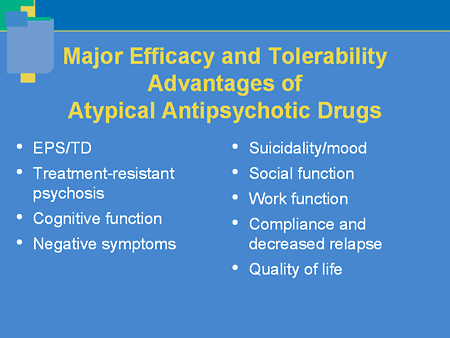
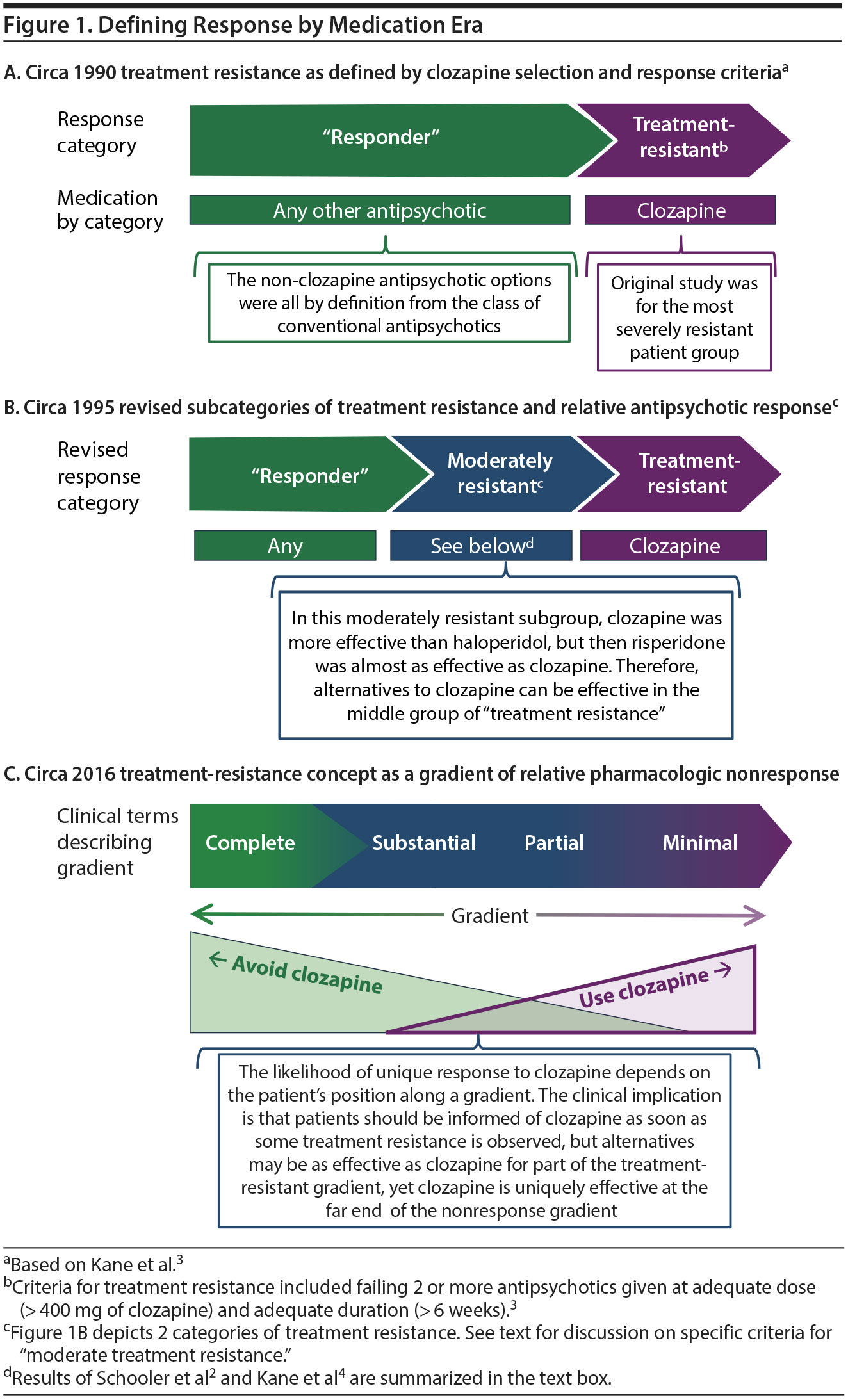
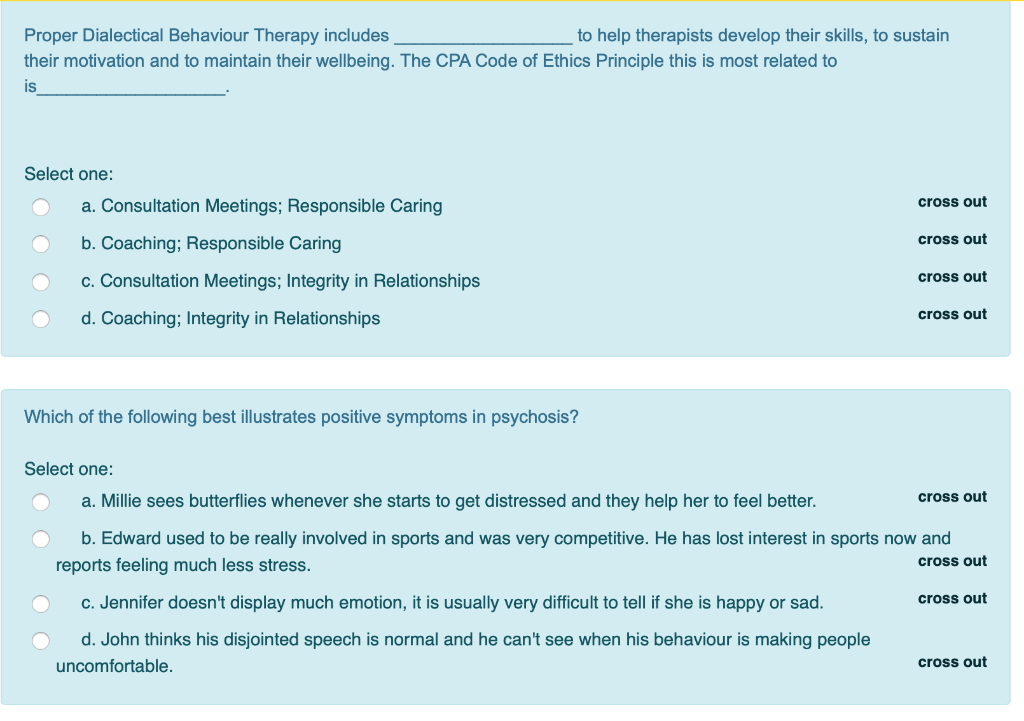


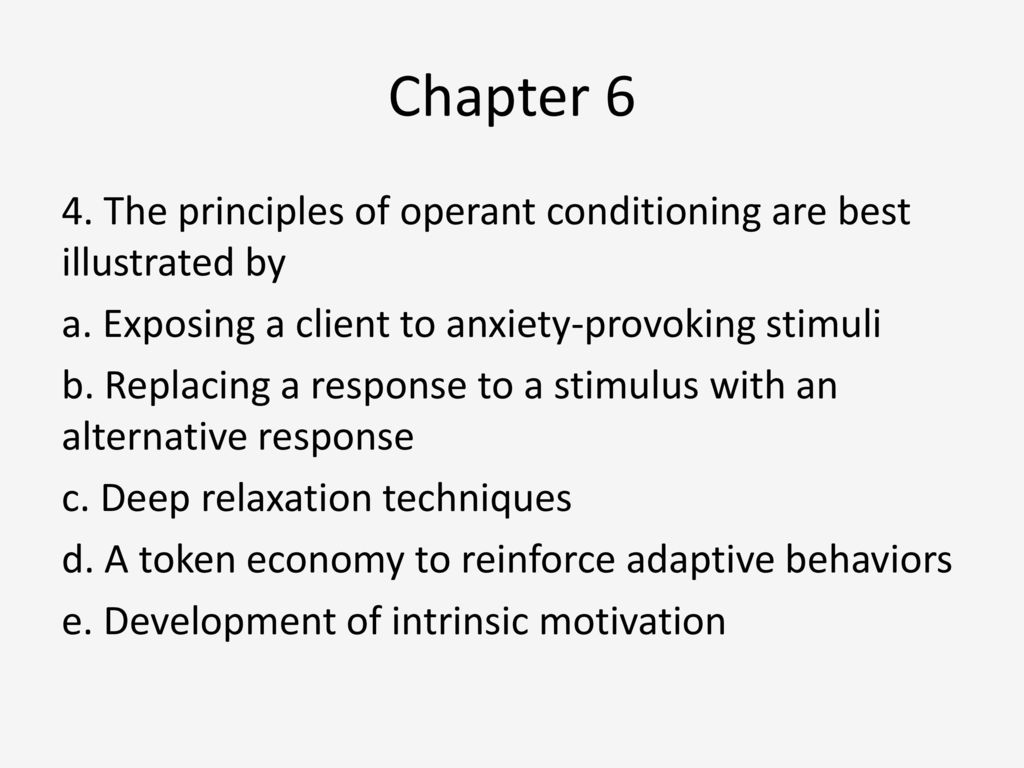


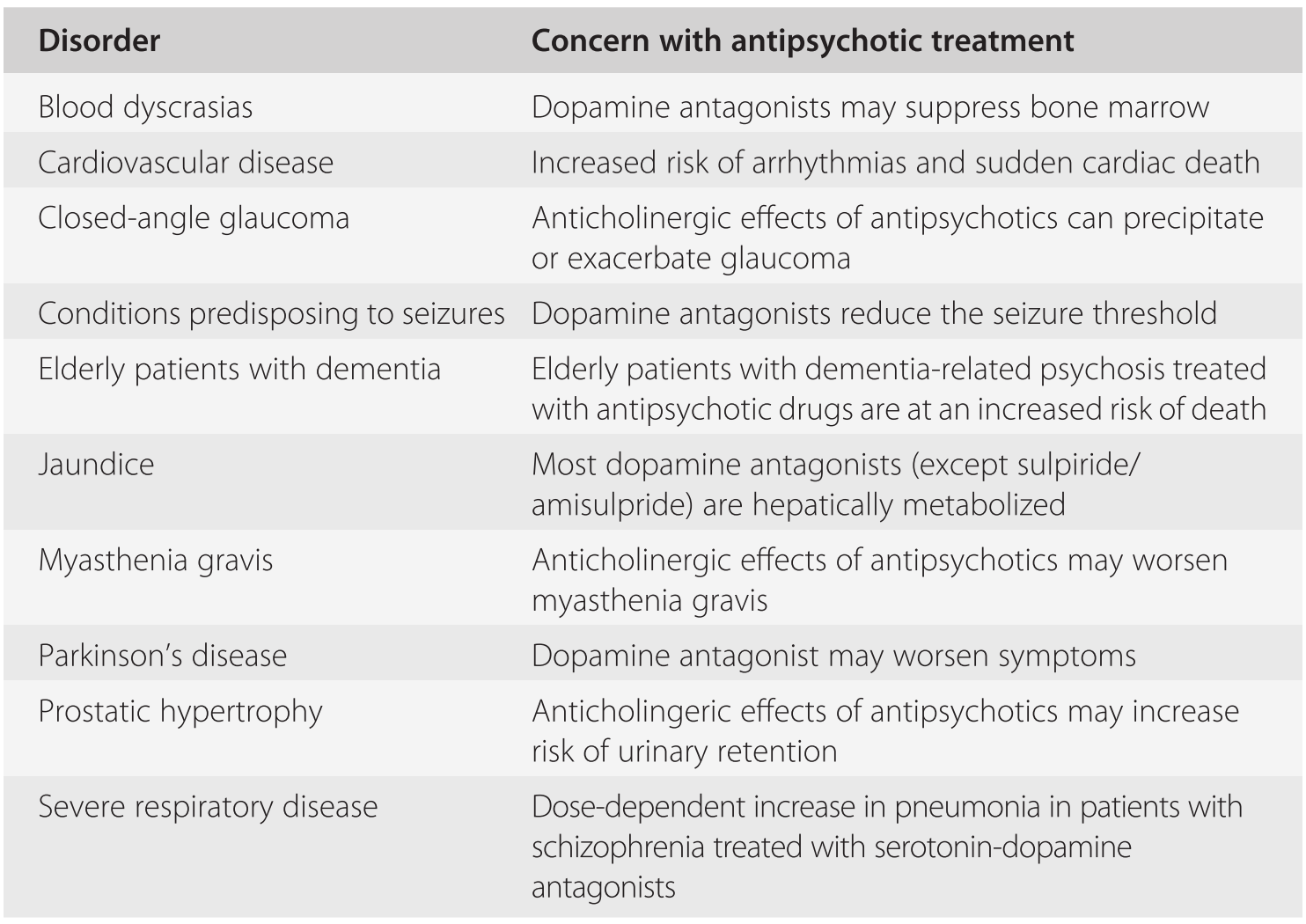



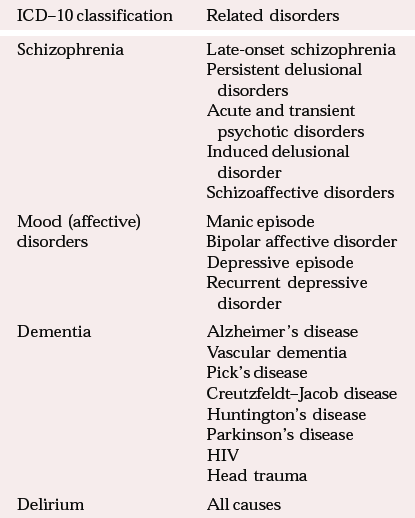





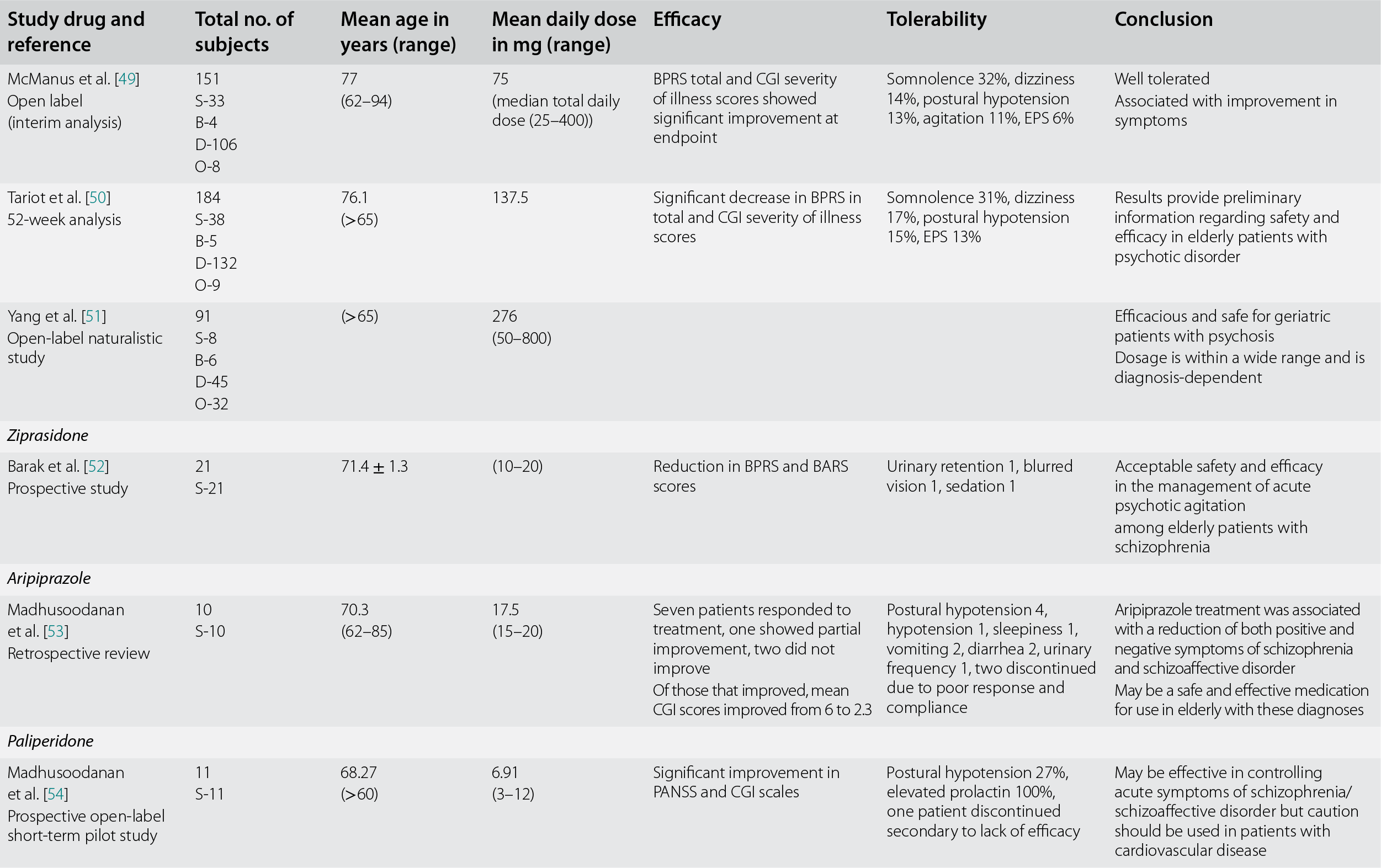

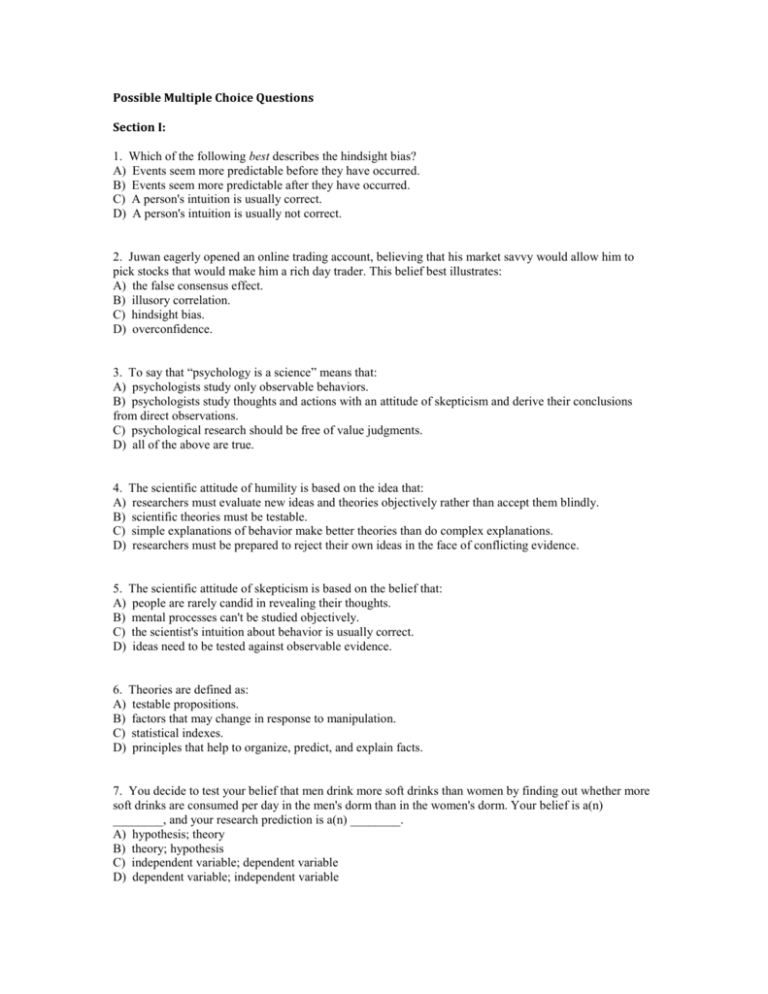


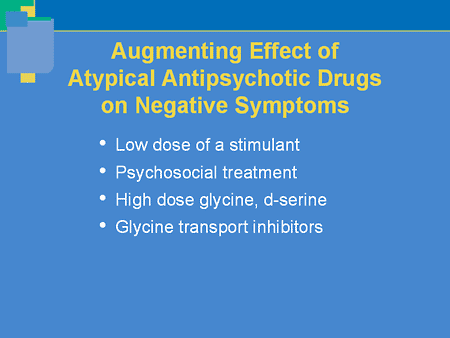


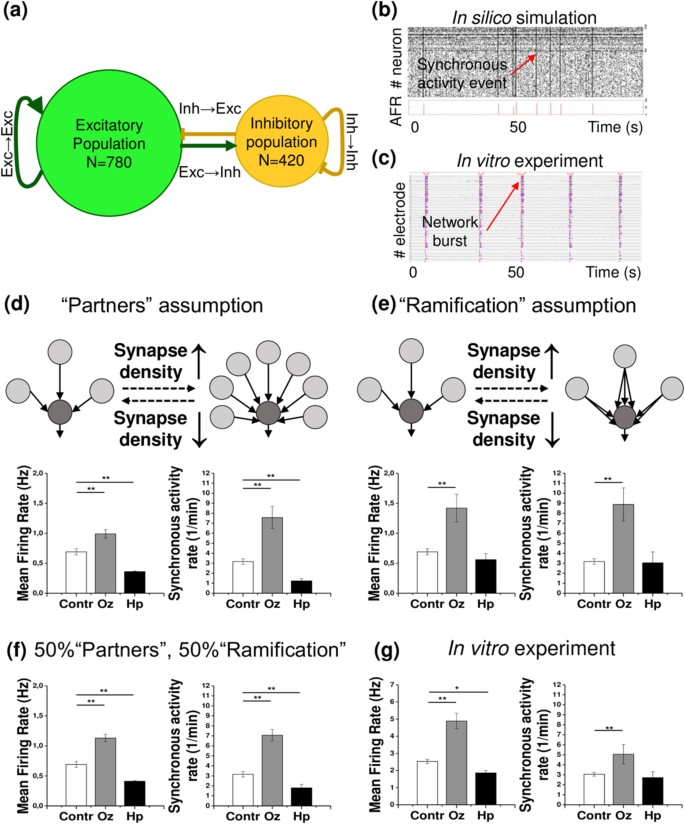
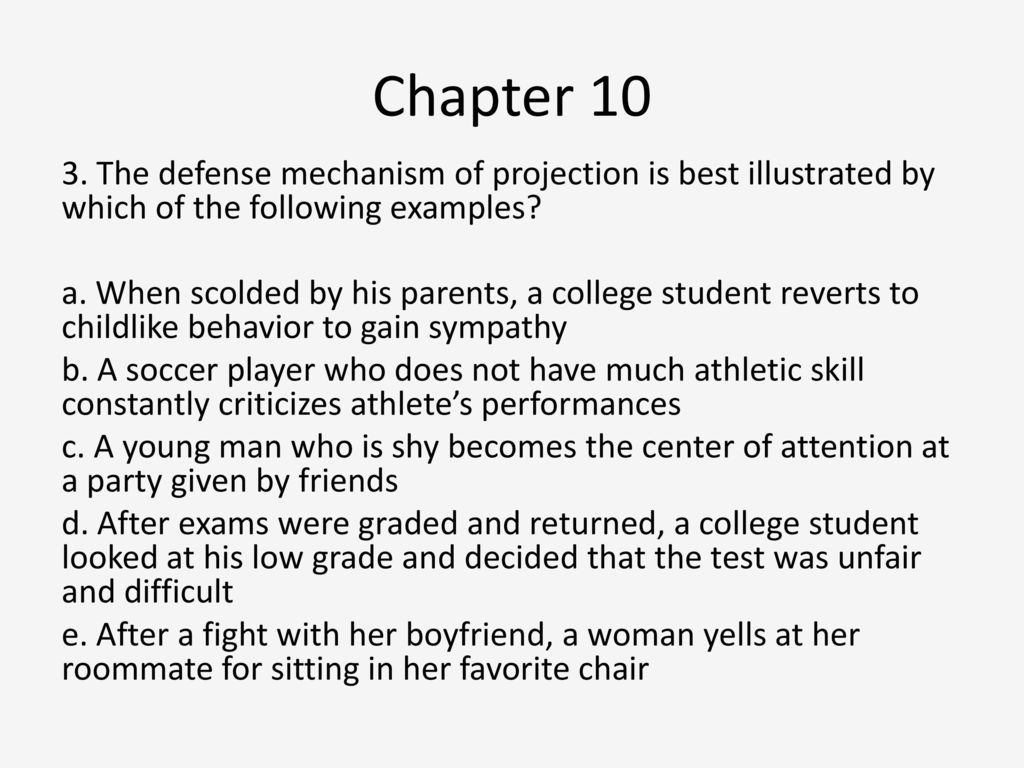
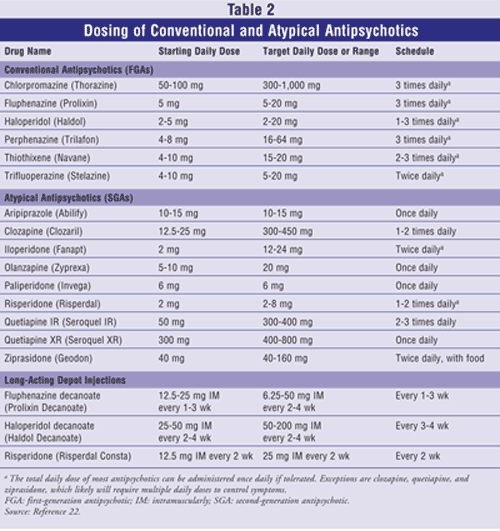

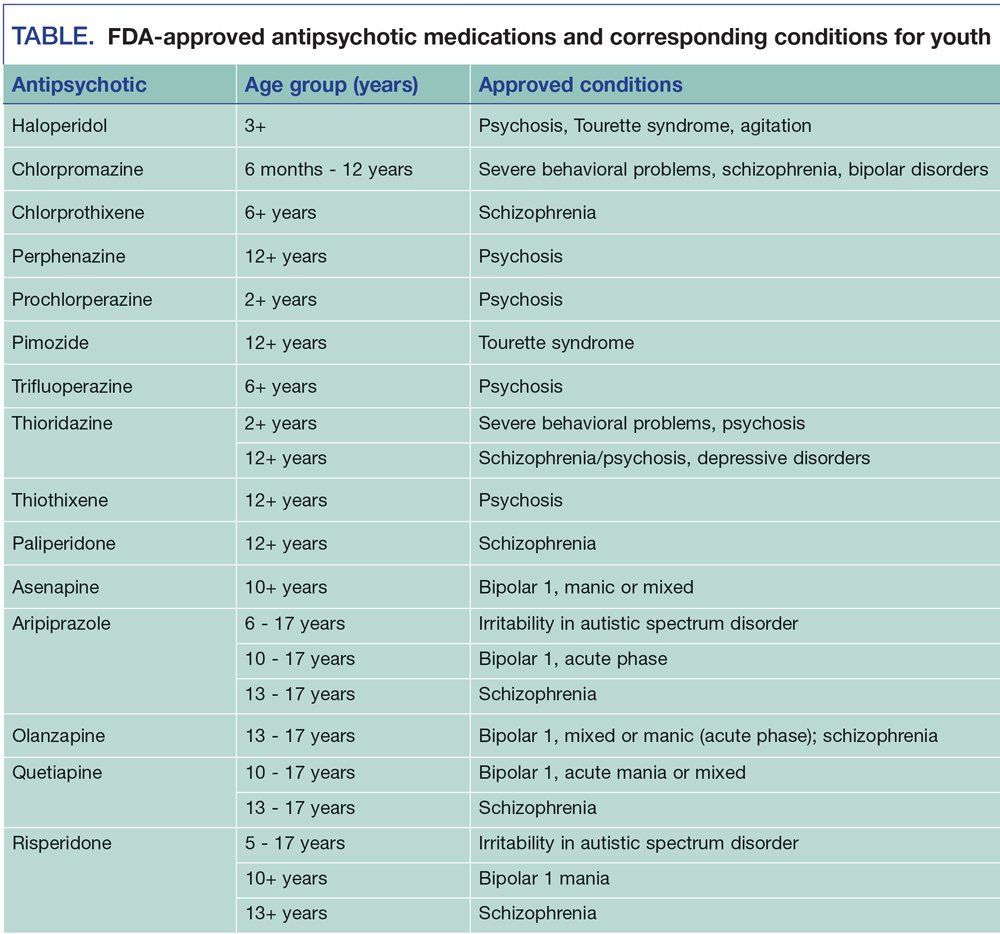

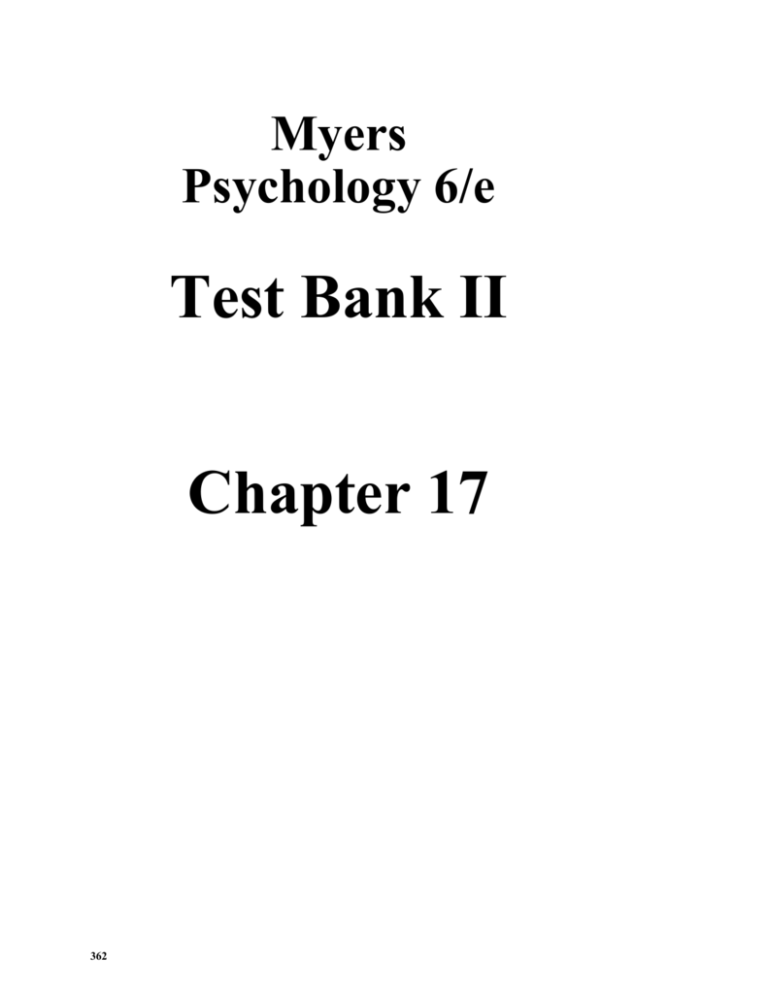



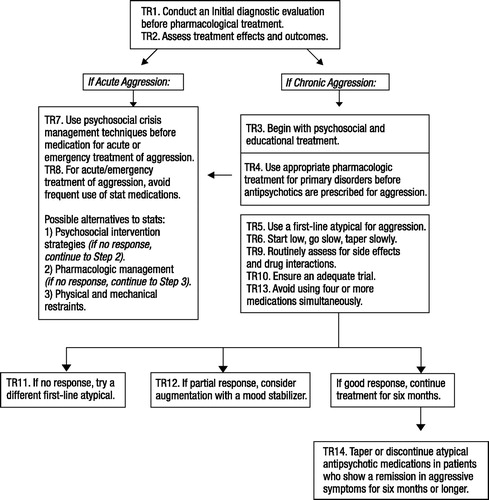

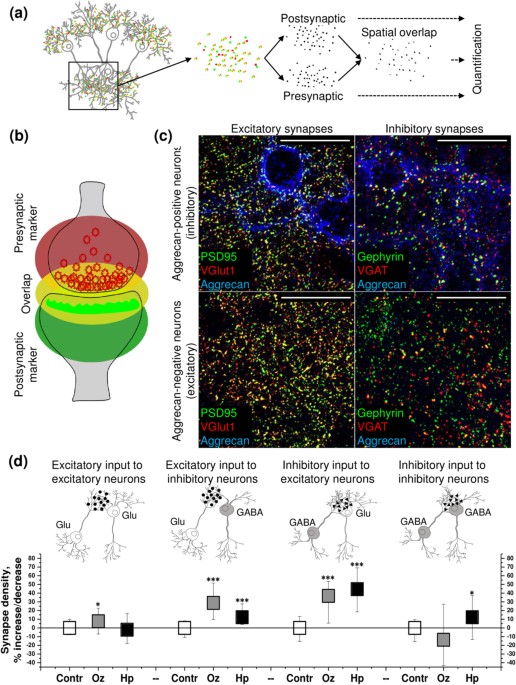
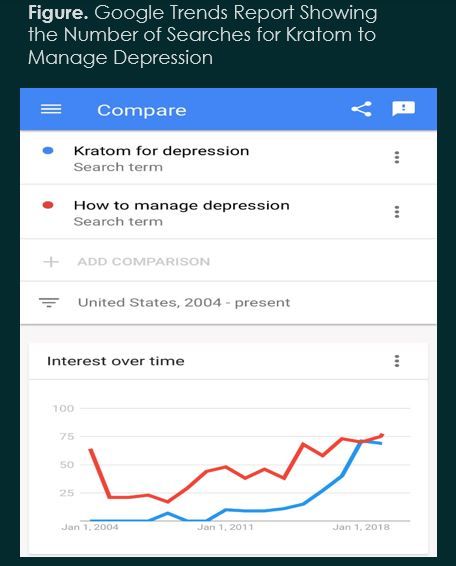

Post a Comment for "The Use Of Antipsychotic Drugs For The Treatment Of Schizophrenia Best Illustrates"